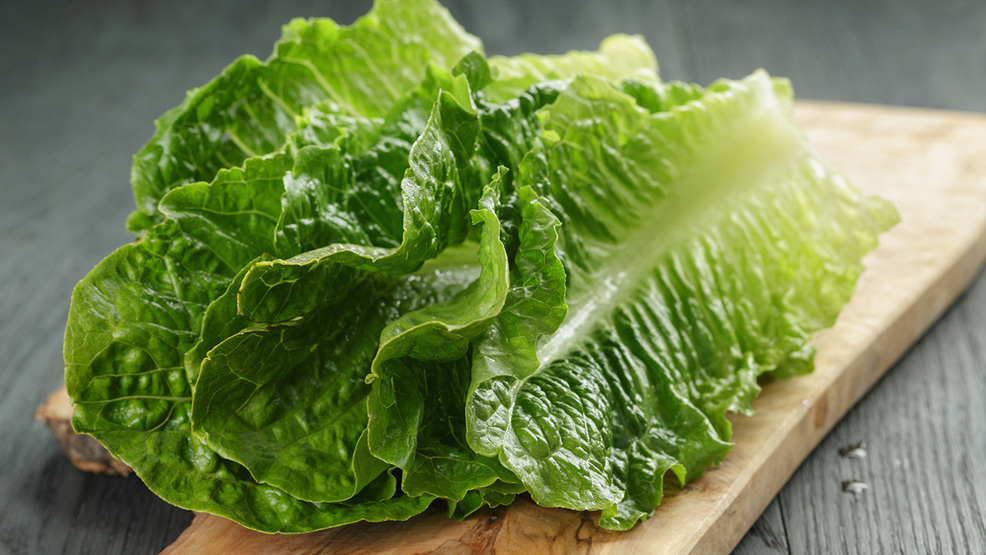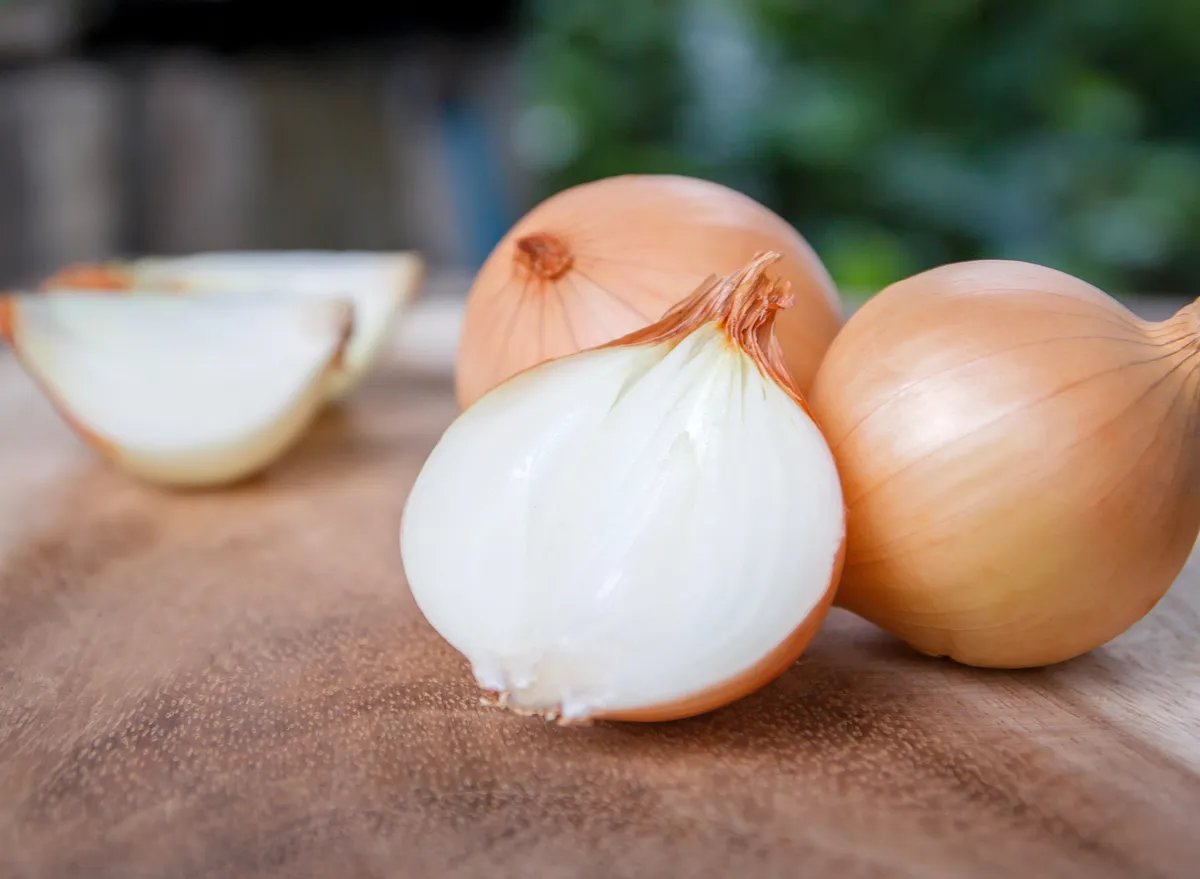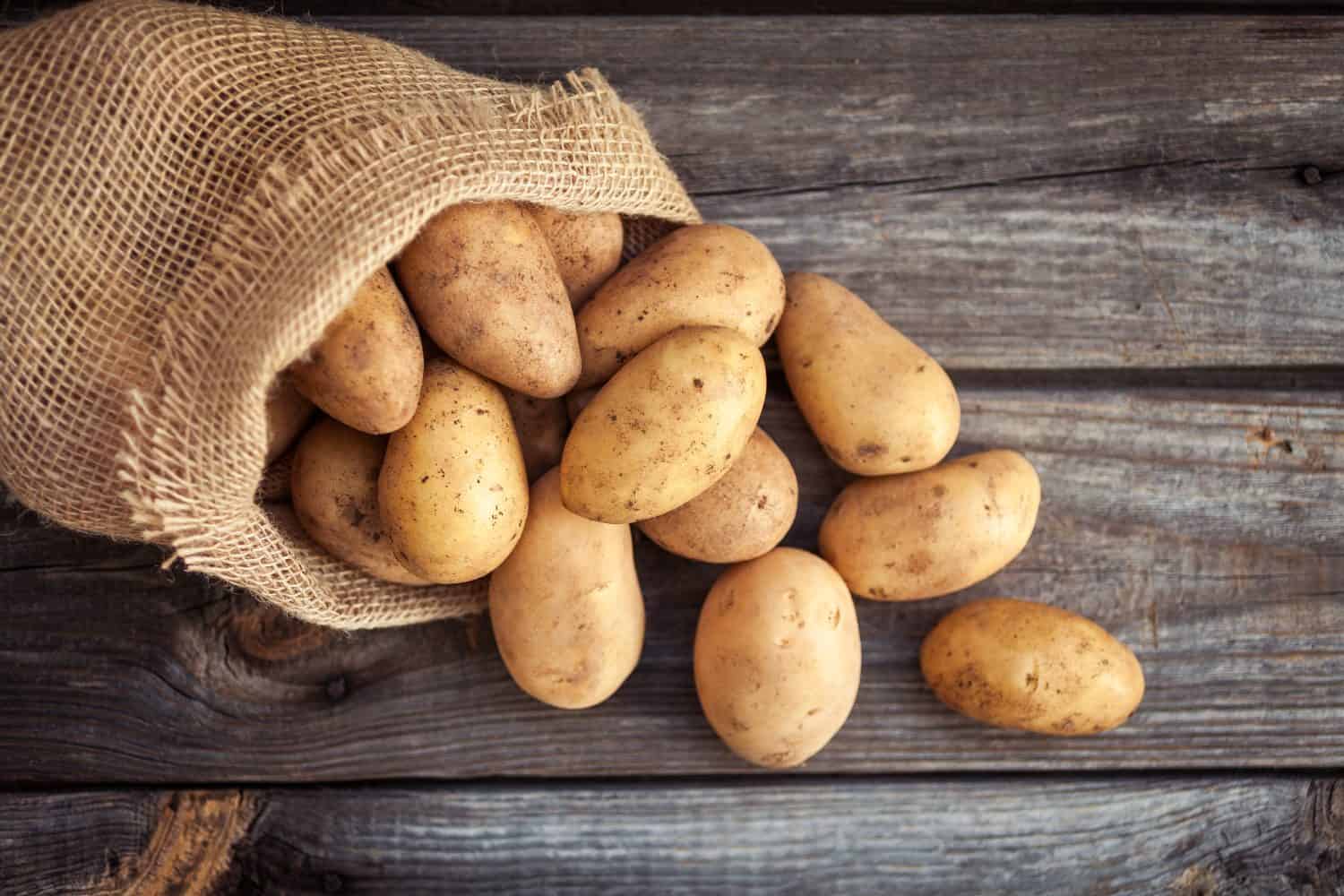Carrot
The Amazing Carrot: Uses, Facts, Nutritional Benefits, and Tips
Introduction
Carrots are one of the most popular and versatile vegetables in the world. Known for their vibrant orange color and sweet flavor, carrots are not only delicious but also packed with nutrients. In this blog post, we will explore the various uses of carrots, some fascinating facts about them, their nutritional benefits, and helpful tips for incorporating them into your diet.
Uses of Carrots
Carrots can be used in a variety of dishes and culinary applications. Here are some common ways to use carrots:
- Raw: Carrots can be eaten raw as a crunchy snack or added to salads for extra texture and flavor.
- Cooked: Carrots can be boiled, steamed, roasted, or sautéed. They make a great addition to soups, stews, and stir-fries.
- Juiced: Carrot juice is a popular beverage that is both refreshing and nutritious.
- Baked Goods: Carrots are often used in baking, such as in carrot cakes and muffins.
- Pickled: Pickled carrots are a tasty and tangy treat.
Interesting Facts About Carrots
- Carrots were originally grown for their leaves and seeds, not their roots.
- Carrots come in a variety of colors, including purple, yellow, red, and white.
- The orange carrot we know today was developed in the Netherlands in the 16th century.
- Carrots are a member of the Apiaceae family, which also includes parsley, celery, and fennel.
- China is the largest producer of carrots in the world.
Nutritional Elements of Carrots
Carrots are highly nutritious and offer a range of health benefits. Here are some key nutrients found in carrots:
- Vitamin A: Carrots are rich in beta-carotene, which the body converts into vitamin A. This nutrient is essential for good vision, immune function, and skin health.
- Fiber: Carrots are a good source of dietary fiber, which supports digestive health.
- Vitamin K: Carrots provide vitamin K, which is important for blood clotting and bone health.
- Potassium: Carrots contain potassium, which helps regulate blood pressure and supports heart health.
- Antioxidants: Carrots are rich in antioxidants, which help protect the body from damage caused by free radicals.
Helpful Tips for Using Carrots
- To preserve the nutrients in carrots, avoid overcooking them. Steaming or roasting is preferable to boiling.
- Store carrots in the refrigerator to keep them fresh for longer. Place them in a plastic bag or container to prevent them from drying out.
- When buying carrots, look for firm, brightly colored ones with smooth skin. Avoid carrots that are limp or have cracks.
- If you buy carrots with their green tops, remove the greens before storing. The greens can draw moisture away from the roots, causing the carrots to become limp.
- Carrots can be easily added to a variety of dishes. Try grating them into salads, adding them to smoothies, or incorporating them into soups and stews.
Cost: $1.35 - $ 2.7 $










0